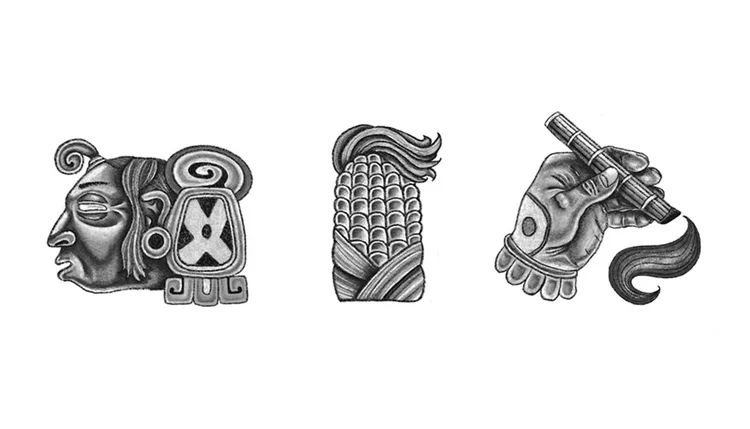Hombre Zapoteco con Ofrenda de Cacao - w18”xh24”, Pencil on Paper
Cacao held immense importance in Mesoamerica, far beyond just being a tasty treat. It was deeply intertwined with their culture, economy, and religion. Here's a glimpse into its significance:
Divine Gift: Cacao was believed to be a gift from the gods, with its scientific name Theobroma even meaning "food of the gods." It was often depicted in creation myths and associated with deities.
Currency: Cacao beans were used as a form of currency, valuable enough to purchase goods, pay taxes, and even hire laborers. This highlights its economic importance and widespread use.
Ritual and Ceremony: Cacao played a crucial role in religious ceremonies and rituals. It was offered to gods, used in divination, and even consumed in sacred contexts.
Social Status: Cacao consumption was often a marker of social status. It was enjoyed by rulers, nobles, and warriors, further emphasizing its value and prestige.
Medicine: Cacao was also used for medicinal purposes. It was believed to have healing properties and provide energy, showcasing its practical importance in their lives.
In essence, cacao was much more than just a commodity in Mesoamerica. It was a sacred, economic, and social cornerstone of the societies, deeply woven into the beliefs and practices.
Zapotec Urn, Museo Nacional de Antropología, CDMX, MX.
Split open cacao fruit with chocolate - Africa Studio/Shutterstock



